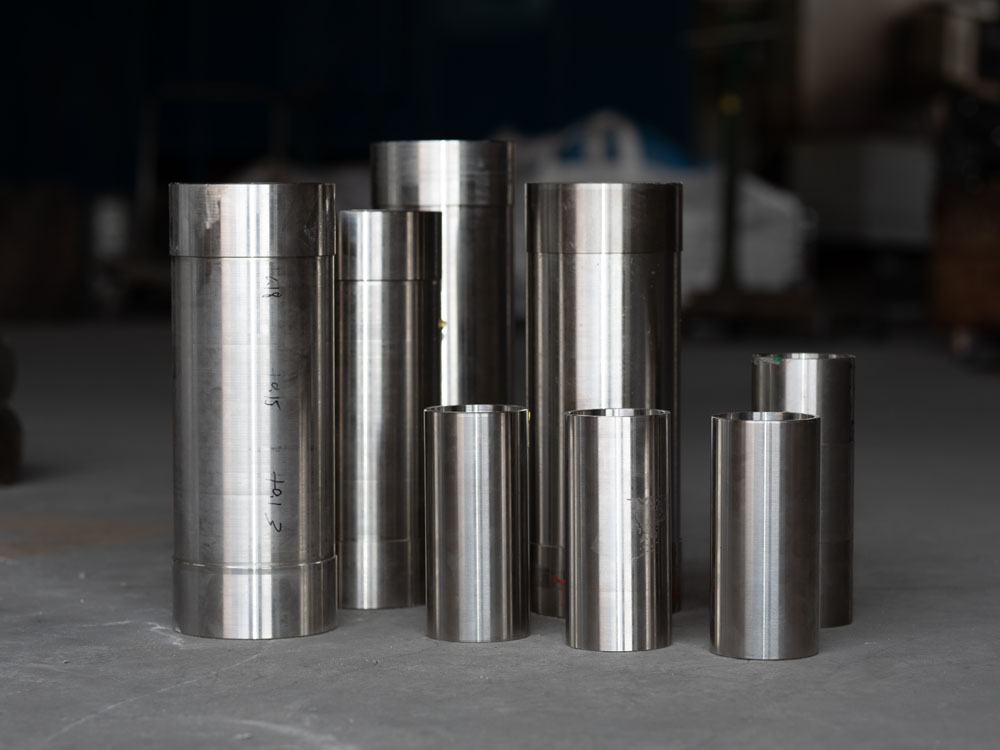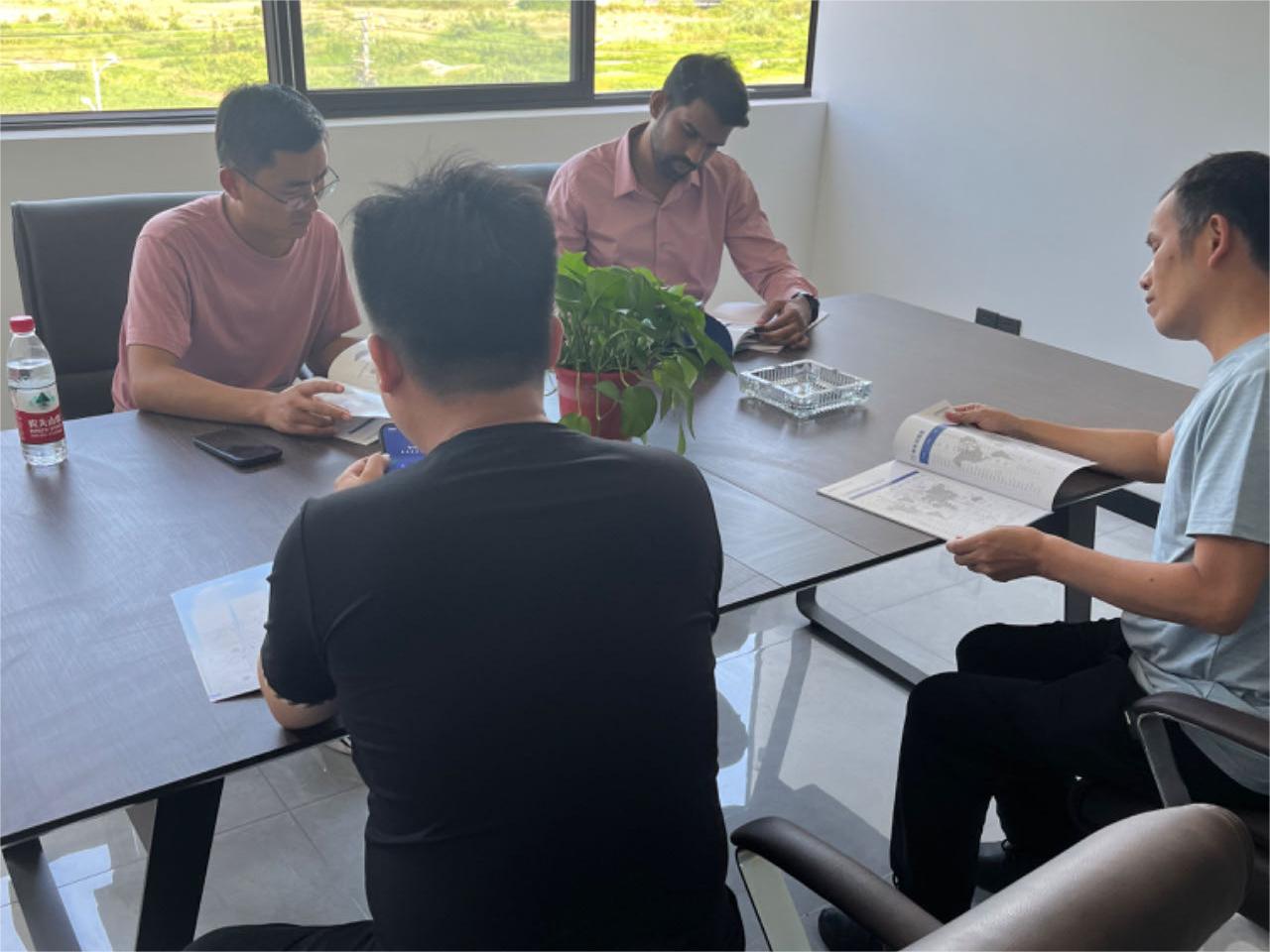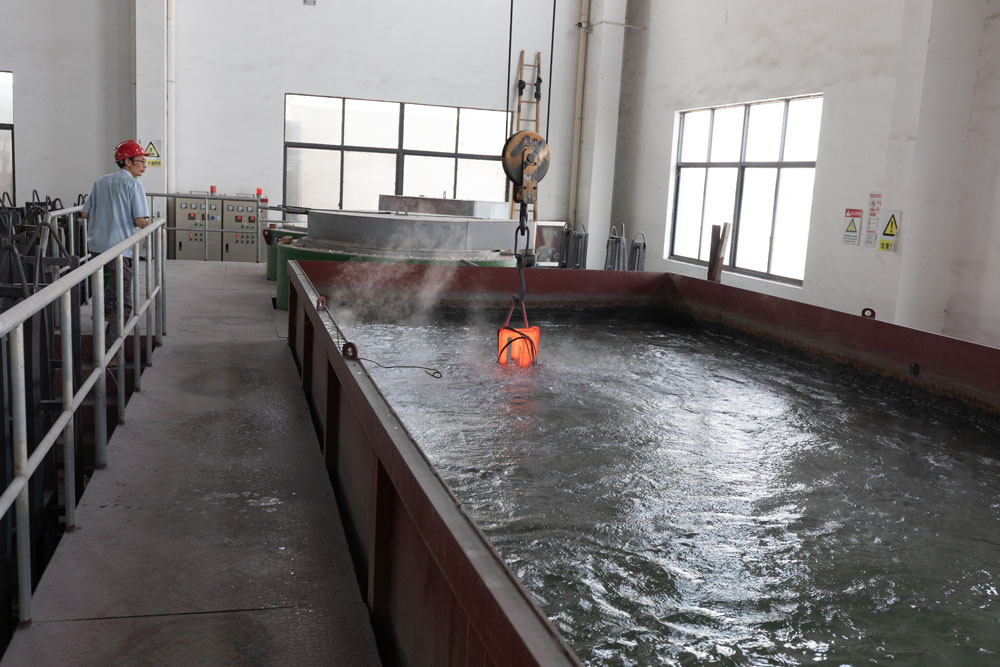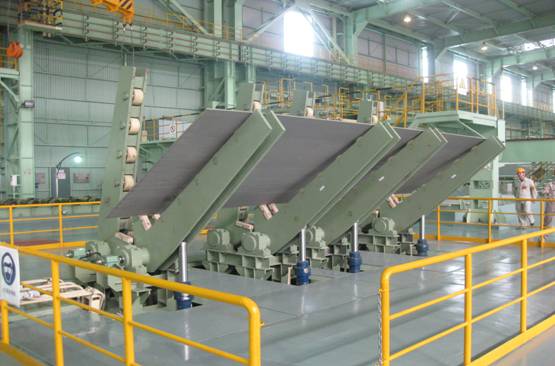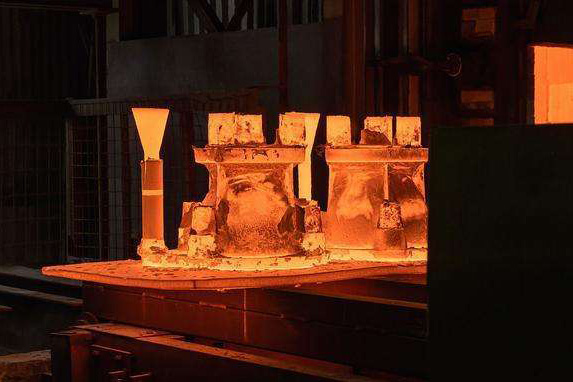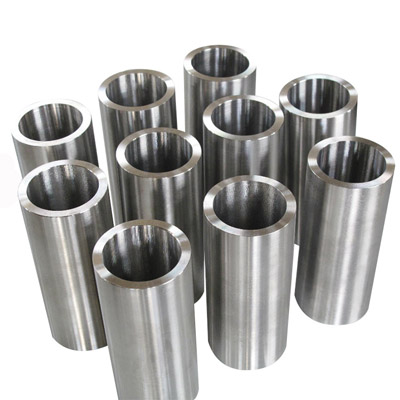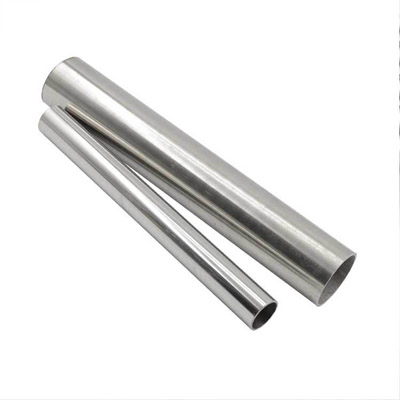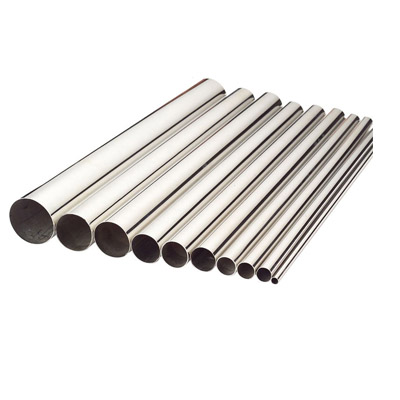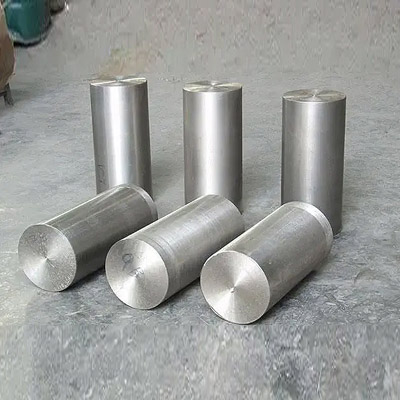SAE J429 - Composition, properties, and uses
If you're in manufacturing, you've probably come across the acronym SAE J429. For the uninitiated, SAE J429 refers to the standard that specifies the mechanical and physical properties of externally threaded fasteners made of carbon steel and alloy steel. These measures ensure that these fasteners are safe, reliable and widely used in various industries. In this blog post, we'll dive into SAE J429 and explore everything you need to know.
What is SAE J429?
SAE J429 is a set of standards developed by the Society of Automotive Engineers (SAE) to govern the quality and performance of externally threaded fasteners made of carbon and alloy steels. These standards include specifications for materials, mechanical and physical properties, heat treatment and surface finish. The standard covers a wide range of fastener types, including screws, bolts, studs, nuts and washers.
SAE J429 components
The steel used in SAE J429 fasteners is generally divided into carbon steel and alloy steel. Carbon steel is primarily made of iron and carbon, while alloy steel is made of iron and at least one additional alloying element, such as manganese, titanium, or chromium. The specific composition of the steel used in SAE J429 fasteners is specified in the standard to ensure that the performance of the fasteners meets the required specifications.
SAE J429 Mechanical properties
The mechanical properties of fasteners manufactured according to SAE J429 are essential to ensure their safety and reliability. The standard specifies a range of mechanical properties, including tensile strength, yield strength and elongation. These characteristics are tested under laboratory conditions and must meet set minimum values to ensure that the fastener can withstand the stresses encountered in the intended application.
Physical characteristics of SAE J429
In addition to mechanical properties, the physical properties of SAE J429 fasteners are also important. These physical properties include hardness, ductility and impact resistance. These characteristics enable fasteners to absorb energy and resist deformation under load.
Use of SAE J429
The SAE J429 standard is used in a wide range of industries, including automotive, aerospace, construction and manufacturing. Fasteners manufactured to these standards are used in a variety of applications, including mechanical, structural, engine and power transmission. These fasteners provide a reliable and safe way to fasten parts together even under extreme loads and conditions.
SAE J429 Corrosion resistance
Corrosion is an important issue for fasteners used in harsh environments, and the SAE J429 standard specifies requirements for corrosion resistant coatings. These coatings protect the pins from corrosion and include a variety of options, such as galvanizing, galvanizing, and other barrier coatings. These coatings can significantly extend the service life of the hook and reduce maintenance requirements.
SAE J429 Heat treatment
Heat treatment is critical to the manufacture of SAE J429 fasteners as it significantly affects their mechanical and physical properties. The standard specifies specific heat treatment processes and requirements to ensure that fasteners meet the required standards.
SAE J429 machining
The processing of SAE J429 fasteners is essential for the production of accurate and reliable parts. The standard specifies machining and rolling thread requirements to ensure that fastener threads are properly formed and that the components are correctly sized.
SAE J429 welding
Welding SAE J429 fasteners is not recommended as it can significantly affect the mechanical properties of the fastener. When welding is required, the standard has specific requirements to ensure that the welding process does not compromise the overall performance of the pin.
conclusion
In short, the SAE J429 standard is essential for the production of steel and alloy steel fasteners with external threads. These standards ensure that pins are safe, reliable, and meet the specific requirements of a variety of applications. From composition, mechanical and physical properties to heat treatment, machining and corrosion resistance, these standards cover everything needed to produce high quality, durable and reliable fasteners. If you're in manufacturing, understanding and adhering to these standards is critical to delivering products that meet your customers' needs and expectations.



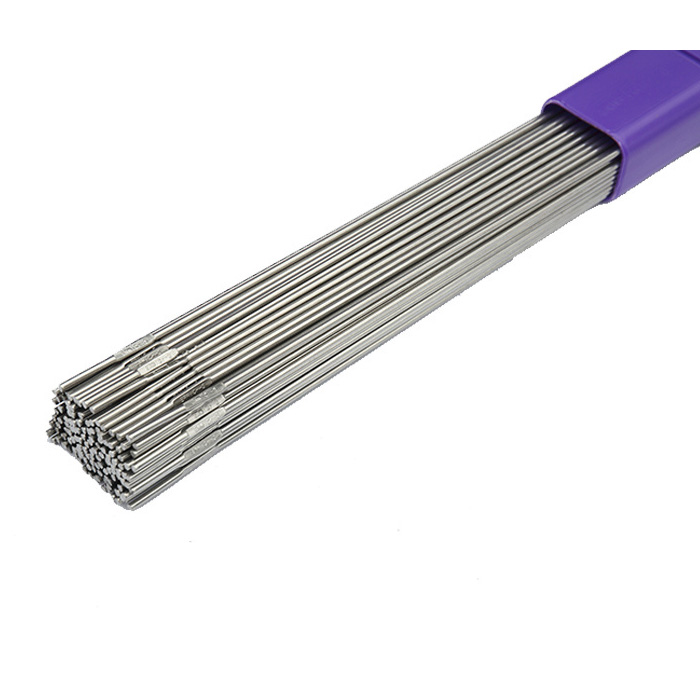 Inconel 625
Inconel 625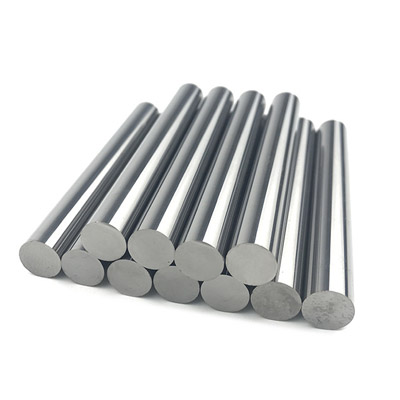 Inconel 718
Inconel 718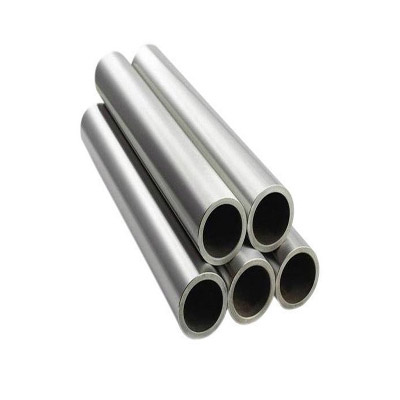 Inconel 725
Inconel 725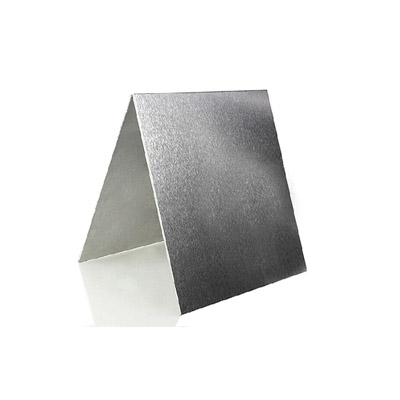 Inconel X-750
Inconel X-750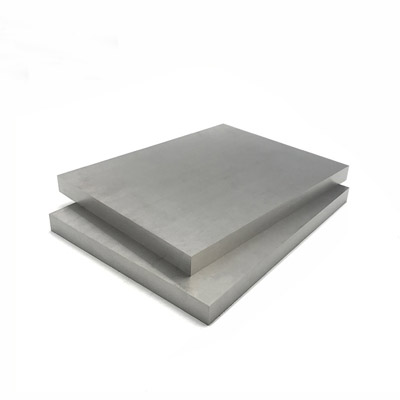 Inconel 690
Inconel 690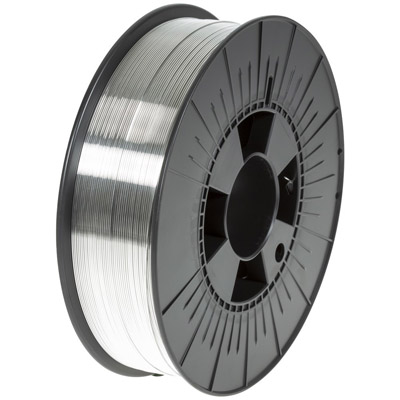 Inconel 617
Inconel 617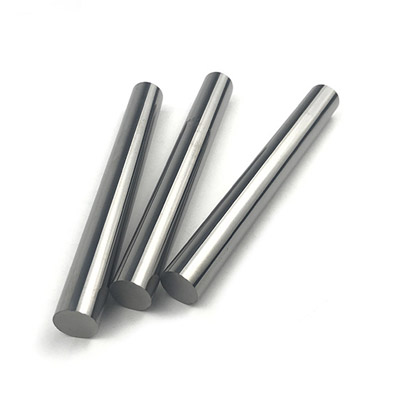 Inconel 601
Inconel 601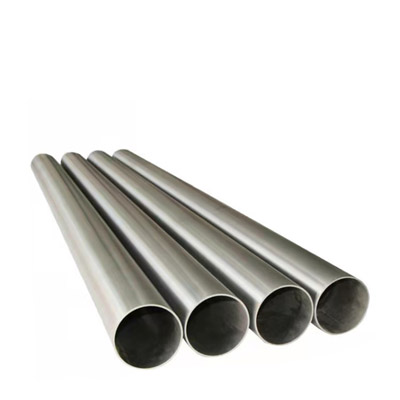 Inconel 600
Inconel 600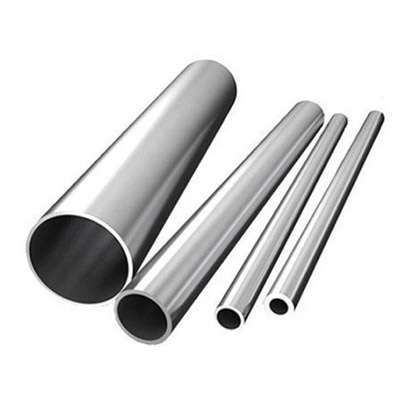 Inconel 686
Inconel 686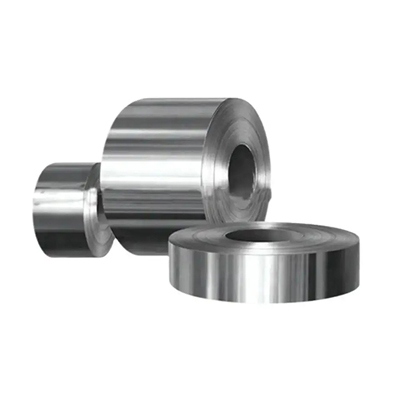 Inconel 602CA
Inconel 602CA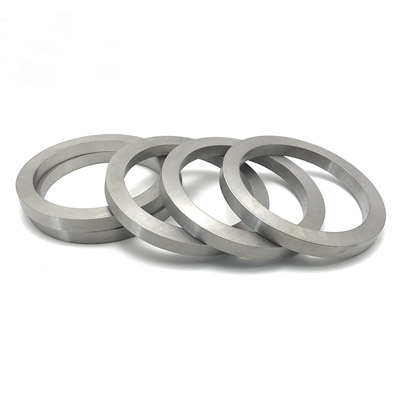 Incoloy A-286
Incoloy A-286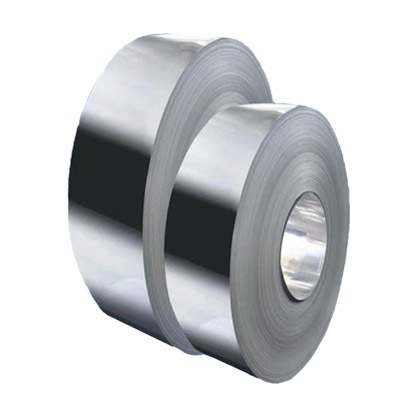 Incoloy 825
Incoloy 825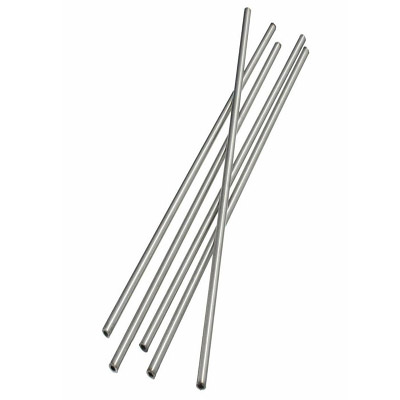 Incoloy 925
Incoloy 925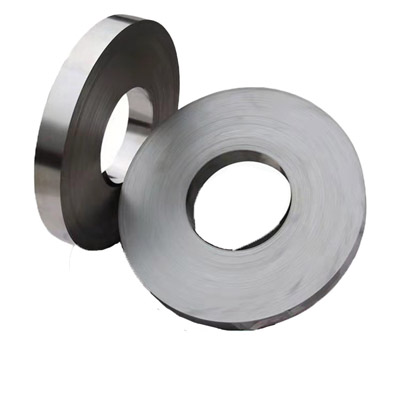 Incoloy 926
Incoloy 926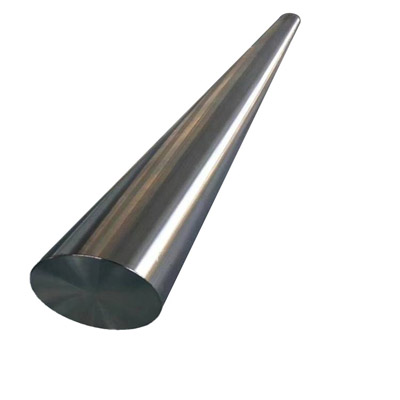 Incoloy 800
Incoloy 800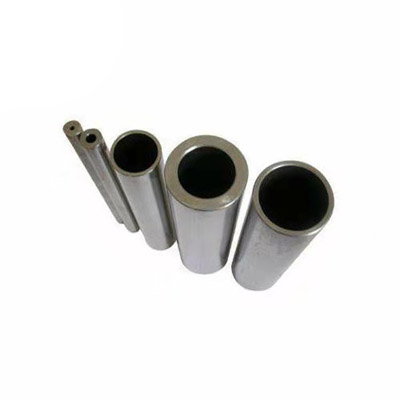 Incoloy 800H
Incoloy 800H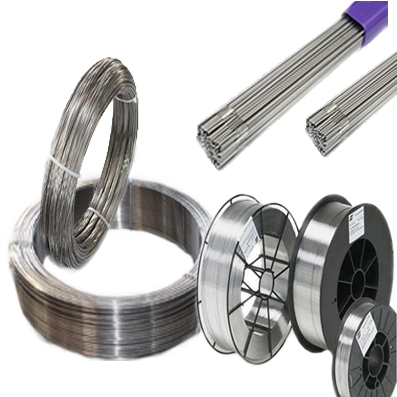 Incoloy 800HT
Incoloy 800HT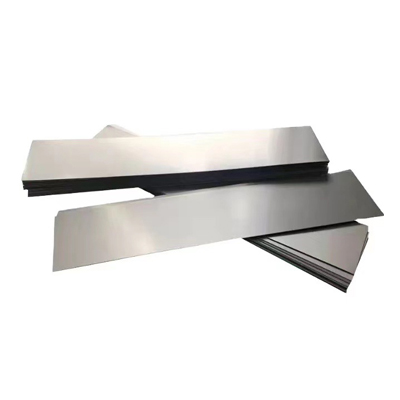 Incoloy 909
Incoloy 909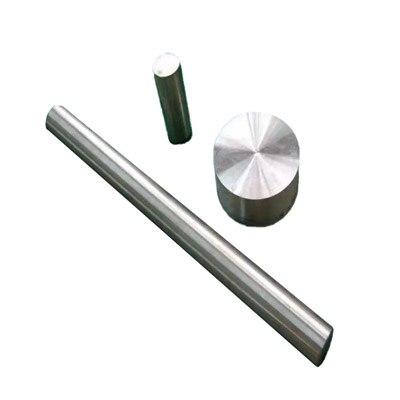 Incoloy 31
Incoloy 31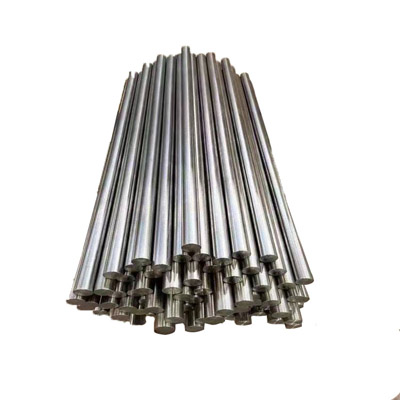 Incoloy 901
Incoloy 901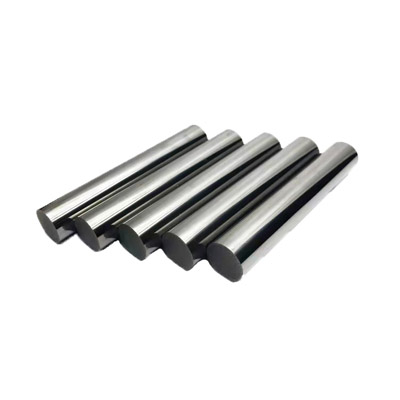 Monel K-500
Monel K-500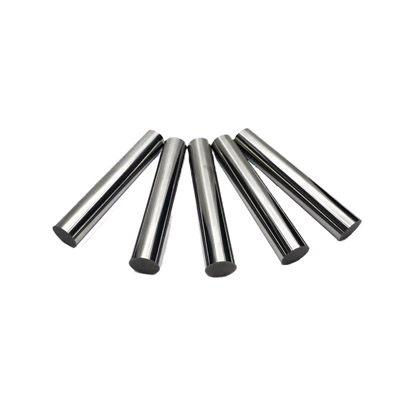 Monel 400
Monel 400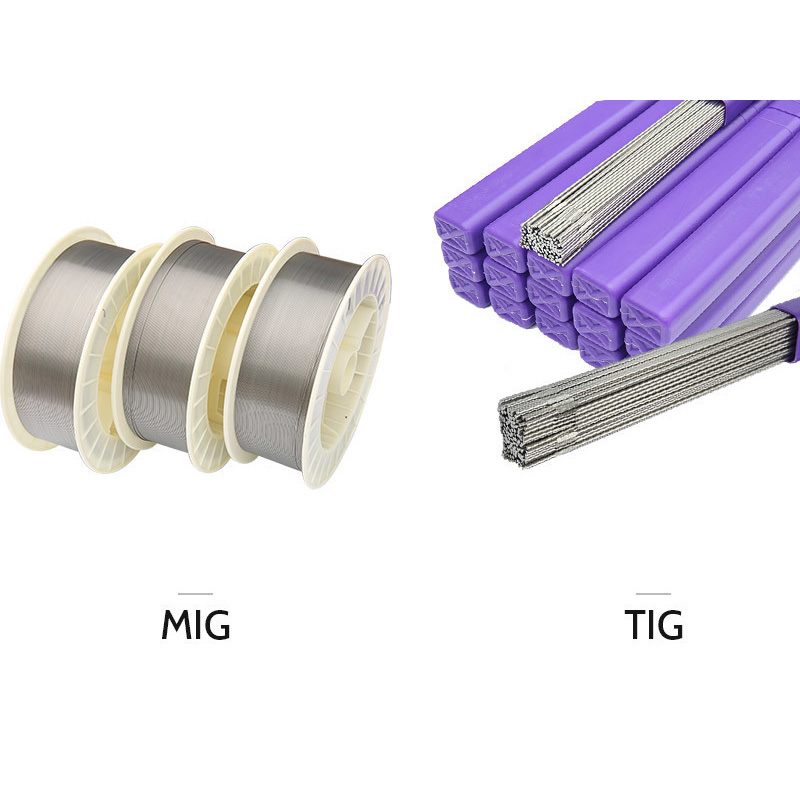 Nimonic 263
Nimonic 263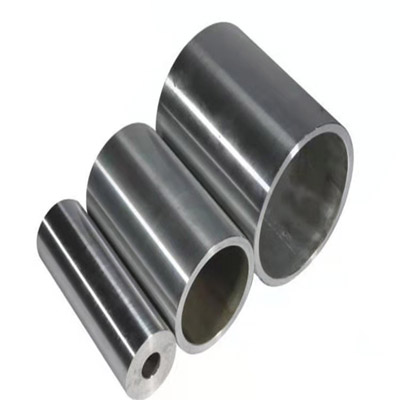 Nimonic 75
Nimonic 75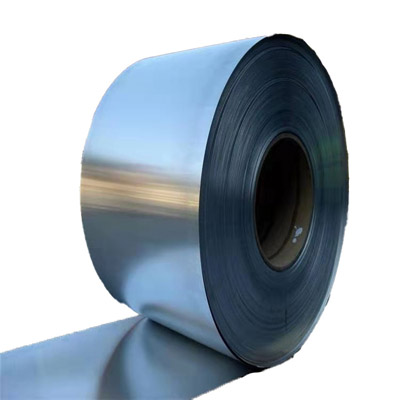 Nimonic 80A
Nimonic 80A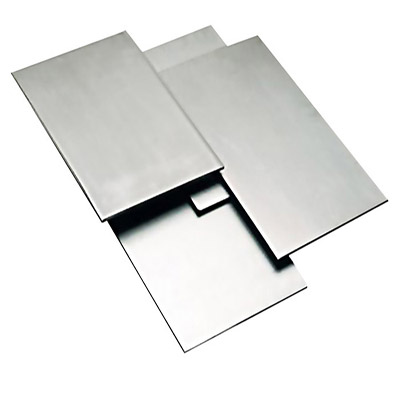 Nimonic 90
Nimonic 90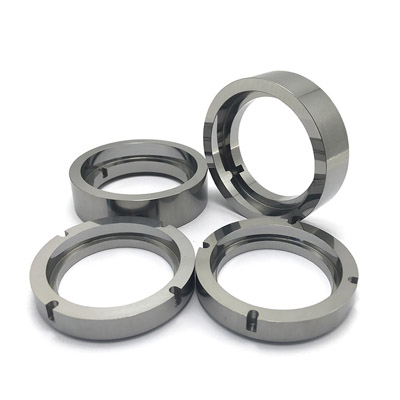 Nimonic PE11
Nimonic PE11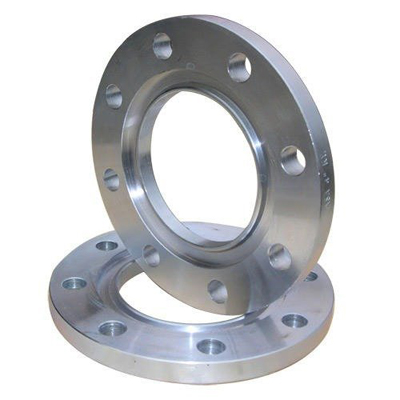 Nimonic PE16
Nimonic PE16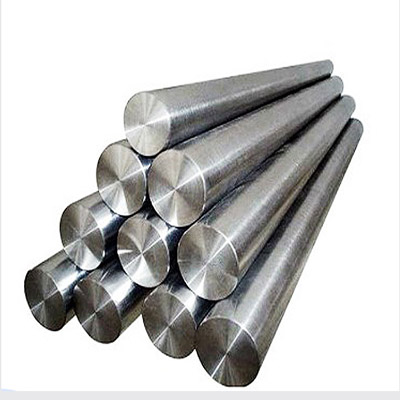 Nimonic PK33
Nimonic PK33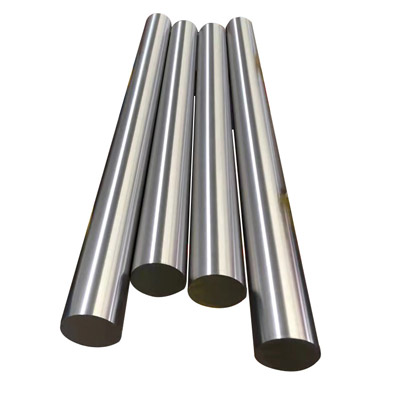 Nimonic 901
Nimonic 901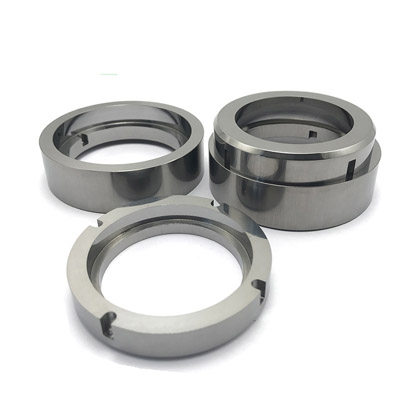 Nimonic 81
Nimonic 81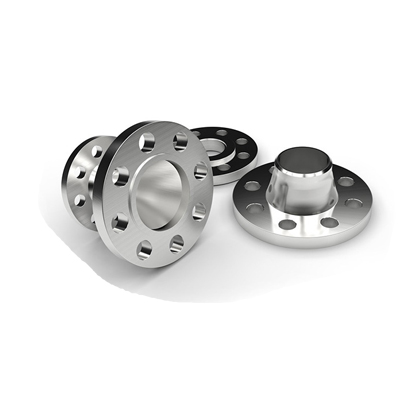 Nimonic 86
Nimonic 86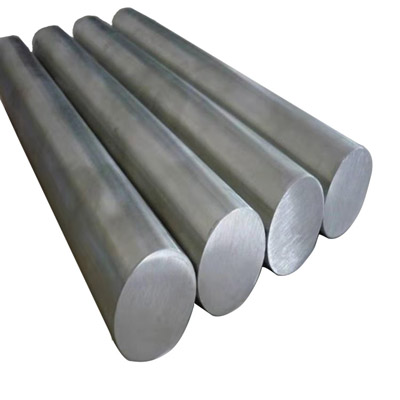 Nimonic 105
Nimonic 105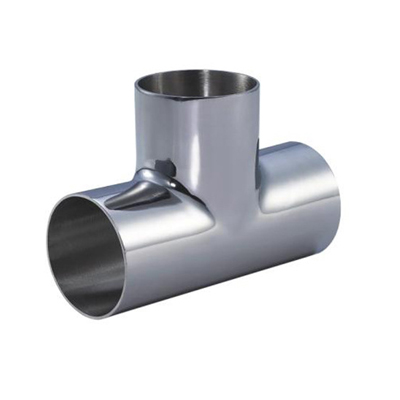 Nimonic 115
Nimonic 115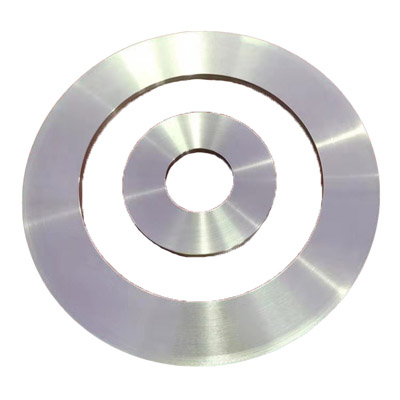 Hastelloy C-276
Hastelloy C-276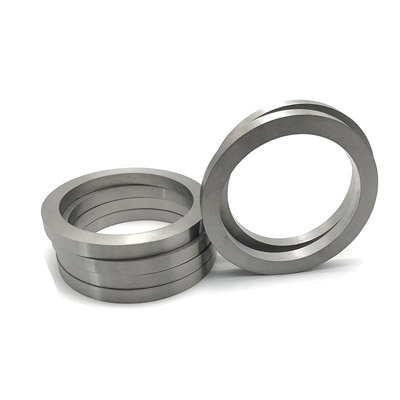 Hastelloy C
Hastelloy C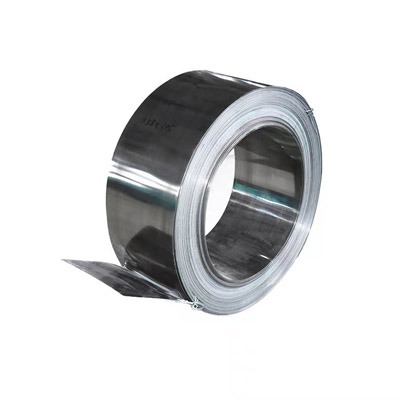 Hastelloy C4
Hastelloy C4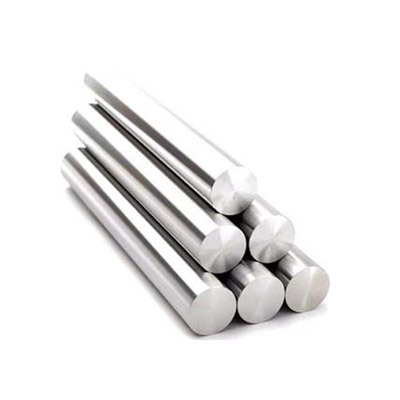 Hastelloy C-22
Hastelloy C-22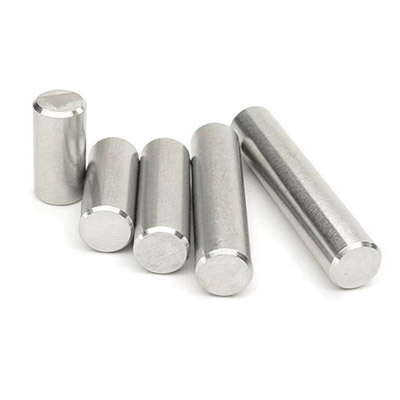 Hastelloy C-2000
Hastelloy C-2000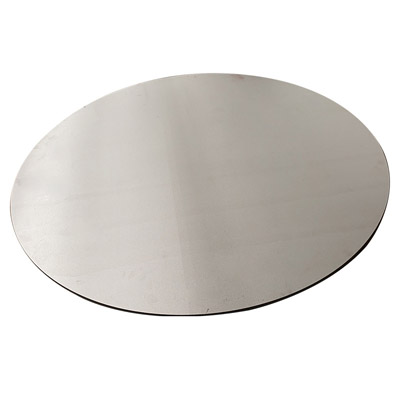 Hastelloy B-2
Hastelloy B-2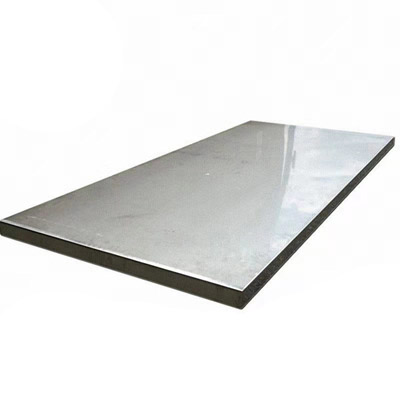 Hastelloy B-3
Hastelloy B-3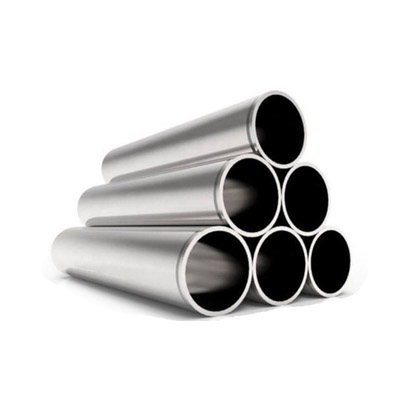 Hastelloy G30
Hastelloy G30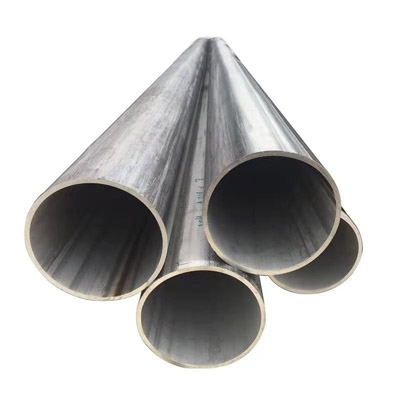 Hastelloy X
Hastelloy X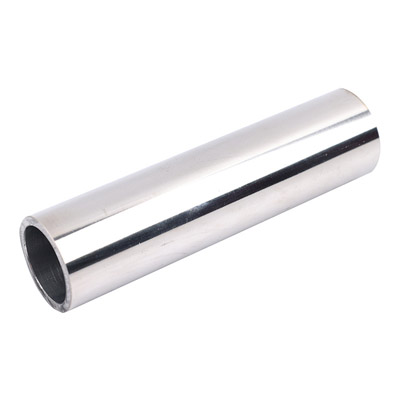 Super Invar 32-5(4J32)
Super Invar 32-5(4J32)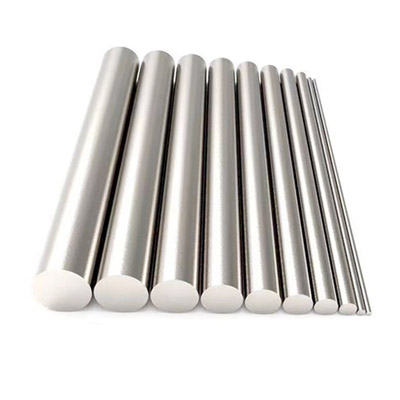 Alloy 36(4J36)
Alloy 36(4J36)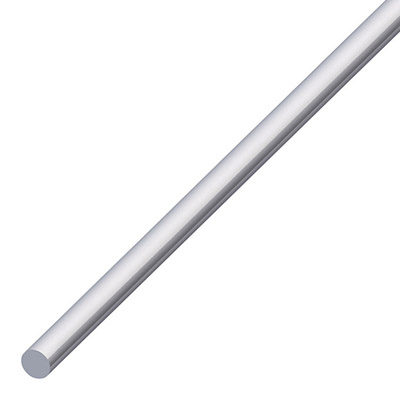 Alloy 42(4J42)
Alloy 42(4J42)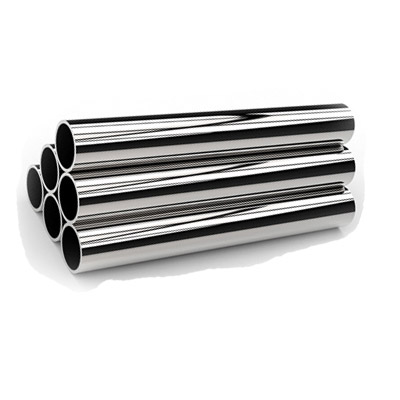 Alloy 50(1J50)
Alloy 50(1J50)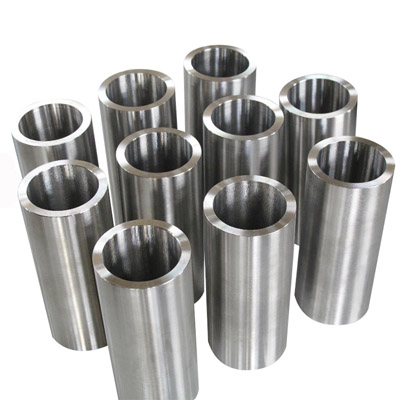 Hiperco 50(1J22)
Hiperco 50(1J22)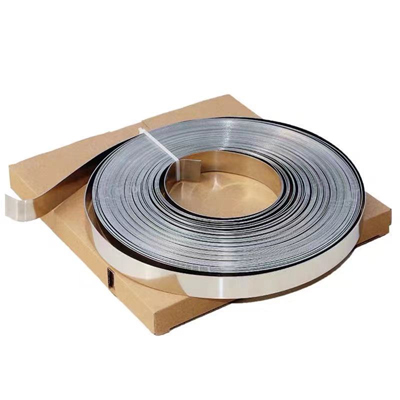 Alloy 46
Alloy 46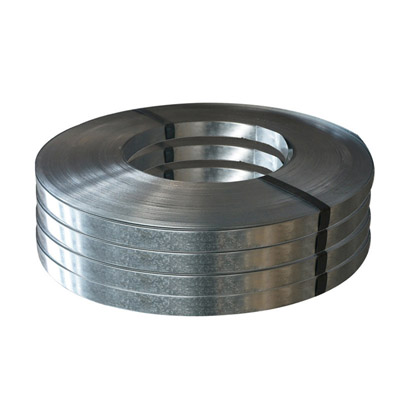 Permalloy (1J79)
Permalloy (1J79)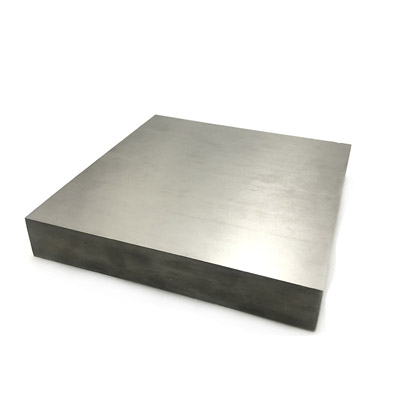 Supermalloy(1J85)
Supermalloy(1J85)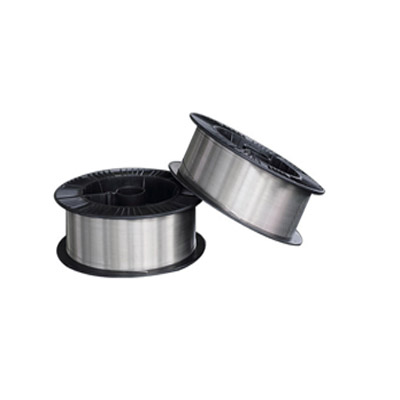 ERNiCrMo-2
ERNiCrMo-2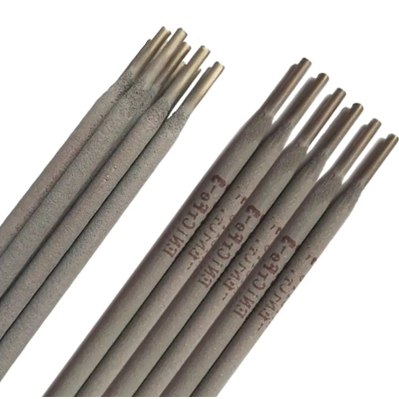 ERNiCrMo-3
ERNiCrMo-3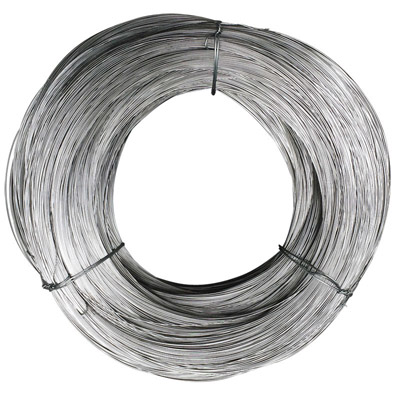 ERNiCrMo-4
ERNiCrMo-4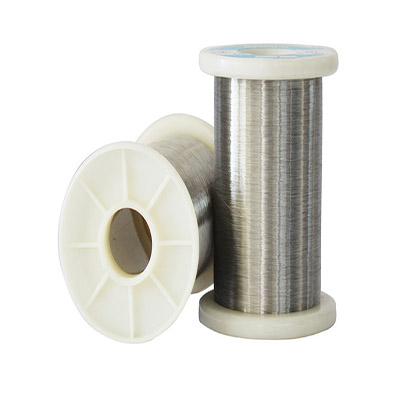 ERNiCrFe-7
ERNiCrFe-7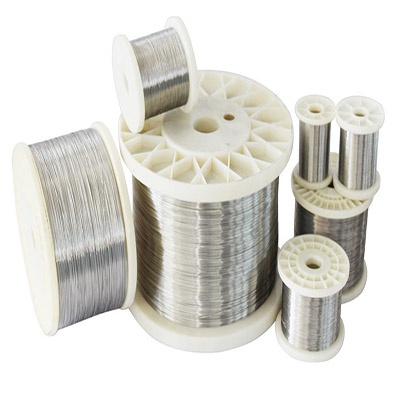 ERNiCrFe-7A
ERNiCrFe-7A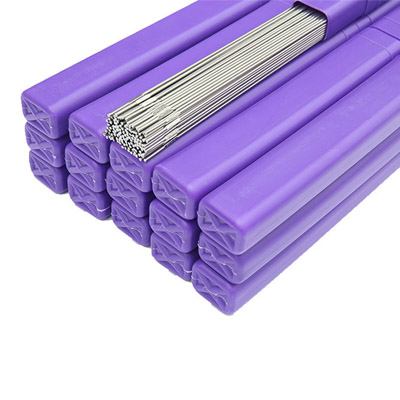 ERNiCrMo-10
ERNiCrMo-10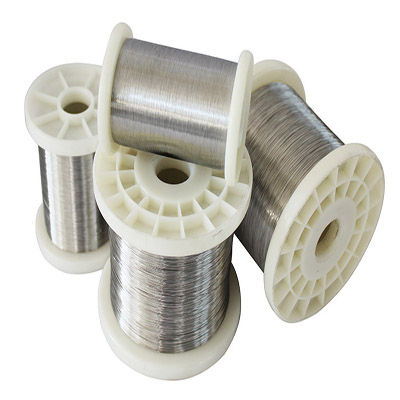 ERNiCrCoMo-1
ERNiCrCoMo-1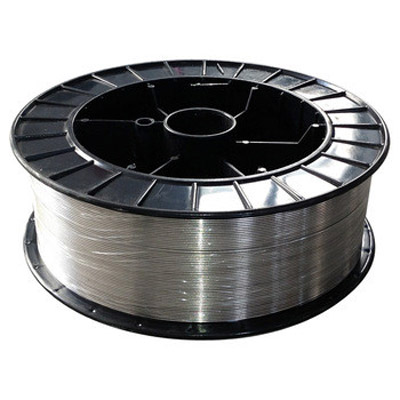 ERNiFeCr-2
ERNiFeCr-2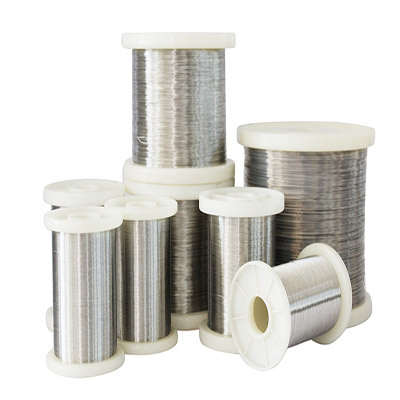 ERNiFeCr-1
ERNiFeCr-1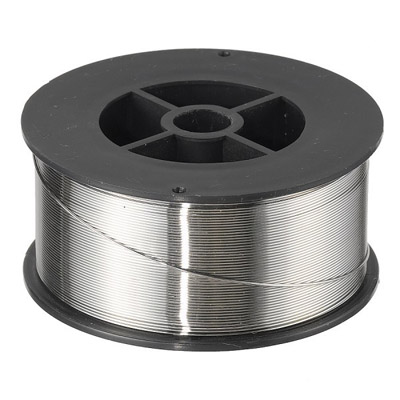 ERNiMo-8
ERNiMo-8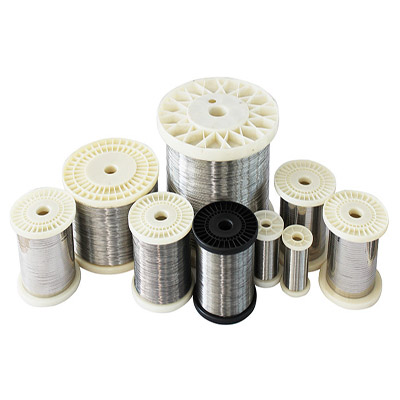 ERNiCrMo-13
ERNiCrMo-13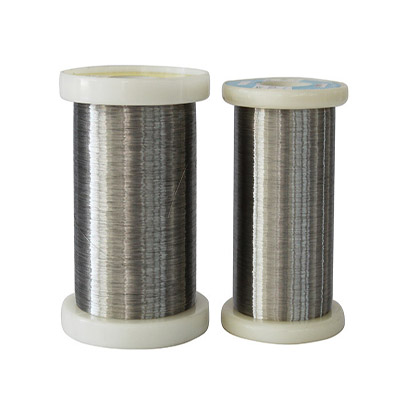 ERNiCr-4
ERNiCr-4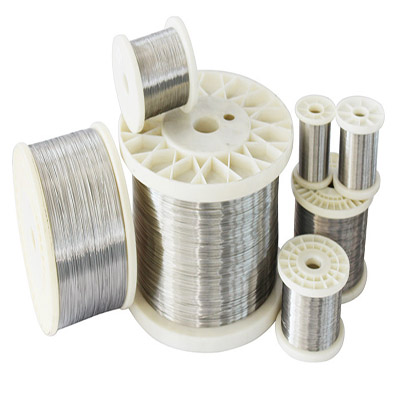 ERNiCr-3
ERNiCr-3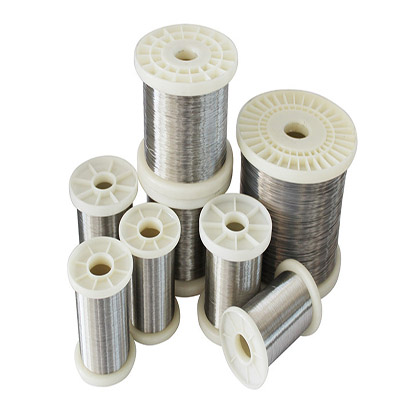 ERNi-1
ERNi-1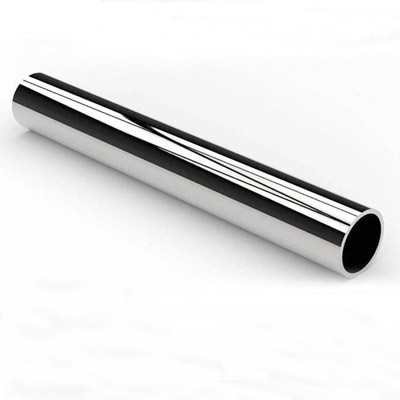 Haynes-25
Haynes-25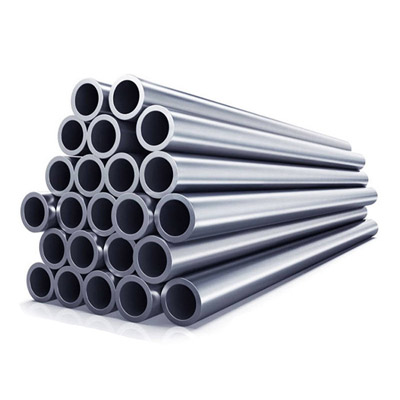 Hayness-188
Hayness-188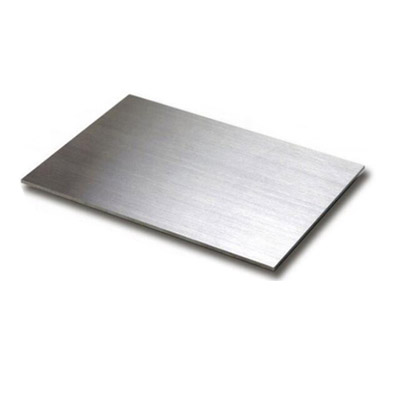 MP35N
MP35N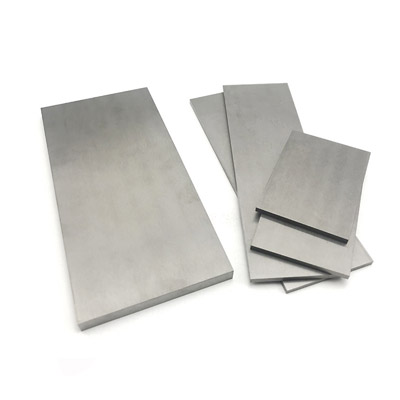 Refractory 26
Refractory 26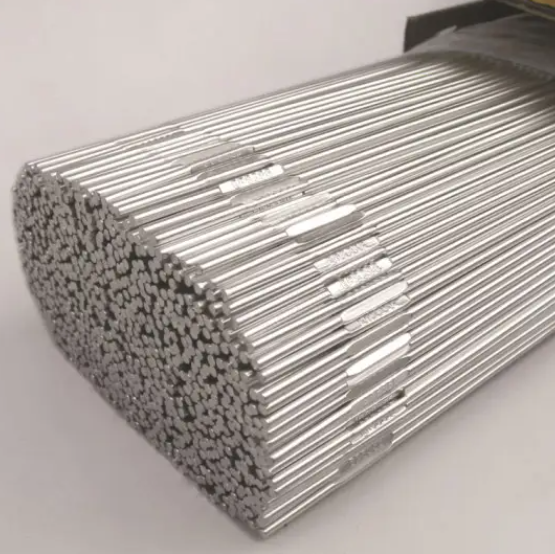 Waspaloy alloy
Waspaloy alloy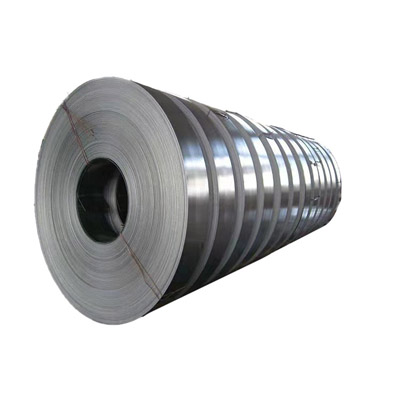 17-4PH
17-4PH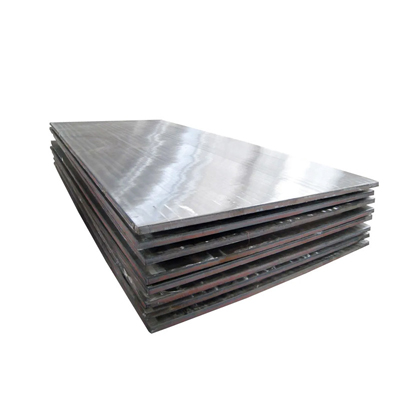 17-7PH
17-7PH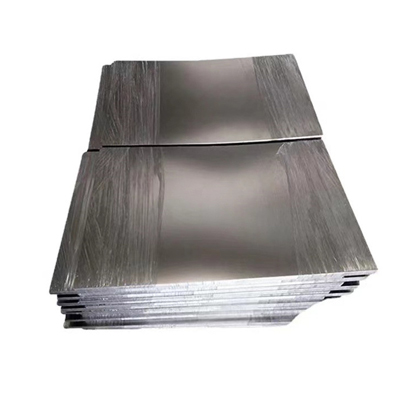 904L
904L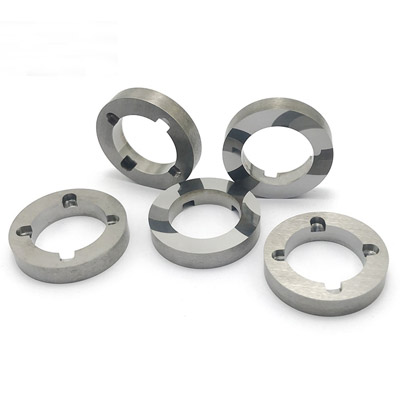 Nitronic 50
Nitronic 50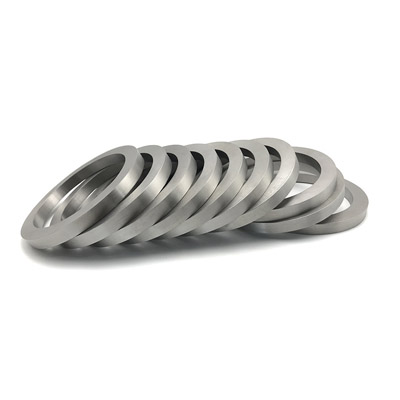 Nitronic 60
Nitronic 60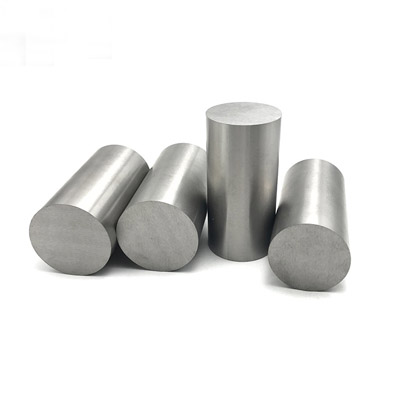 AL-6XN
AL-6XN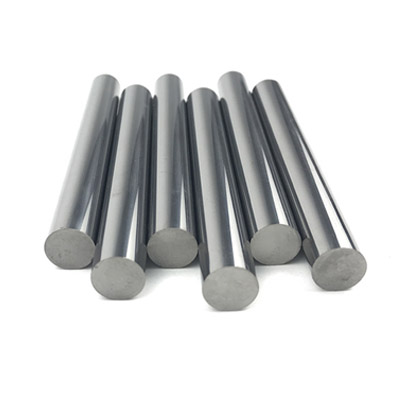 F55
F55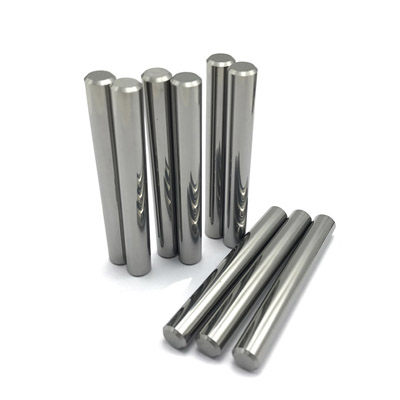 PH 13-8
PH 13-8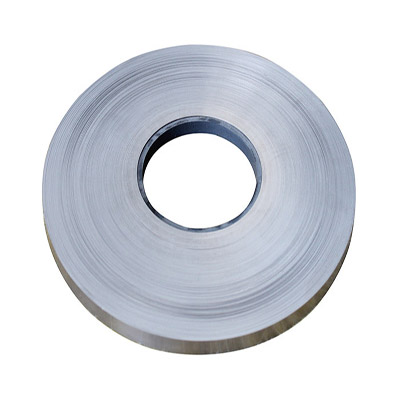 Haynes-230
Haynes-230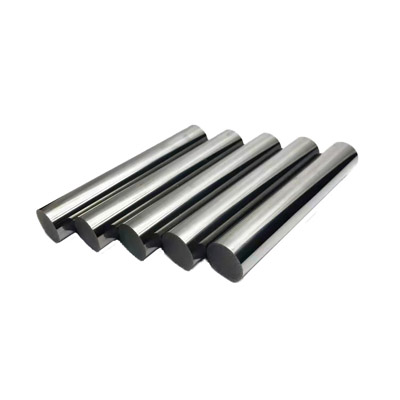 Nickel 200
Nickel 200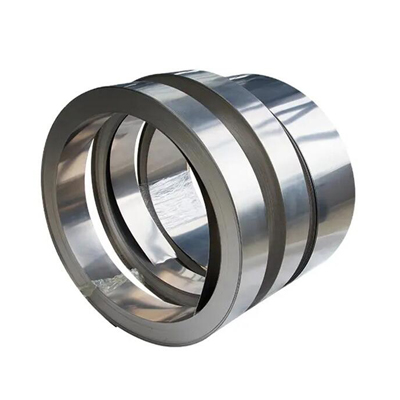 Cr20Ni80
Cr20Ni80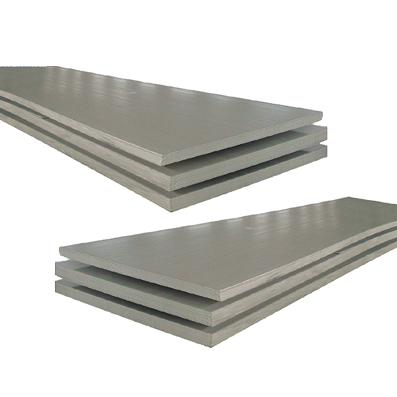 Sheet & Plate
Sheet & Plate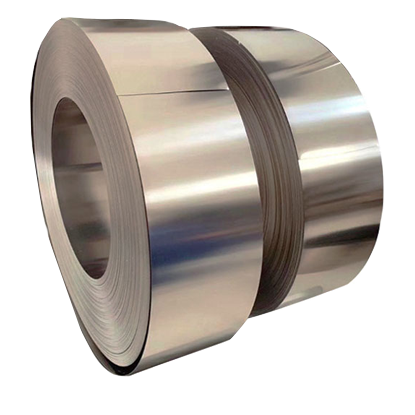 Strip & Foil
Strip & Foil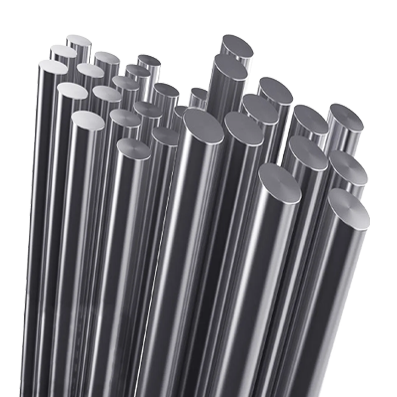 Bar & Rod
Bar & Rod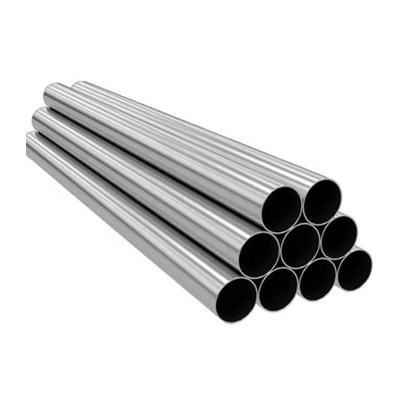 Pipe & Tube
Pipe & Tube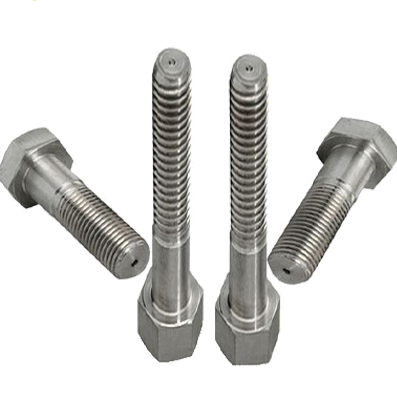 Bolts & Fasteners
Bolts & Fasteners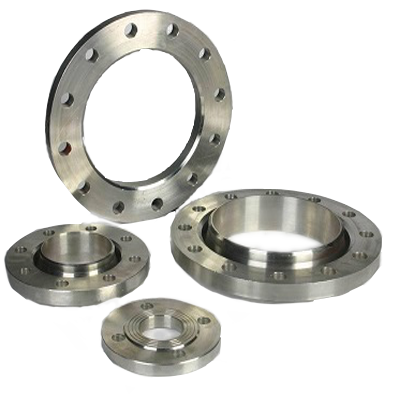 Flange & Ring
Flange & Ring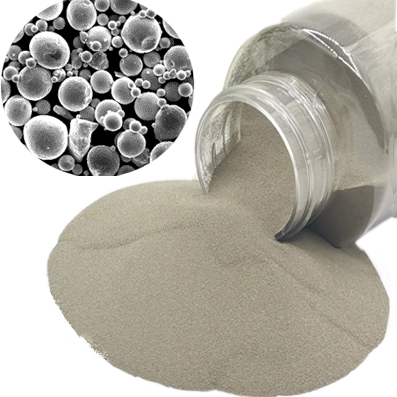 Nickel Alloy Powder
Nickel Alloy Powder
